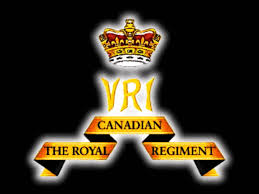On 14 December 1995, the North Atlantic Council launched Operation JOINT
ENDEAVOUR, the largest military operation ever undertaken by the Alliance.
Based on UN Security Council Resolution 1031, NATO was given the mandate
to implement the military aspects of the Peace Agreement. A NATO-led
multinational force, called the Implementation Force (IFOR), started its
mission on 20 December 1995. IFOR was given a one-year mandate.
After the peaceful conduct of the September 1996 elections, IFOR successfully
completed its mission of implementing the military annexes of the General
Framework Agreement for Peace. However, it was clear that much remained
to be accomplished on the civil side and that the political environment would
continue to be potentially unstable and insecure. On 25 26 September, one
week after the Bosnian elections, NATO Defence Ministers concluded that the
Alliance needed to re-assess how it might continue to provide support for the
establishment of a secure environment after the end of IFOR mandate in
December. The role of IFOR (Operation JOINT ENDEAVOUR) was to
implement the peace. The role of SFOR (Operation JOINT GUARD / Operation
JOINT FORGE) is to stabilise the peace. The difference between the tasks of
IFOR and SFOR is reflected in their names.
On 12 December 1996, SFOR was authorised to implement the military
aspects of the Peace Agreement as the legal successor to IFOR. Like IFOR,
SFOR operates under Chapter VII of the UN Charter (peace enforcement).
Awarded for 30 days continuous or 60 days cumulative service on the land or
in the air spaces of Bosnia-Herzegovina, Croatia, the Former Yugoslavia
(including Kosovo), Albania, and the Former Republic of Macedonia, between
1 January 2003 and ending on 29 March 2010 for service under Operation
BRONZE. Service under Operation KOBOLD qualifies for this medal from
August 2008 to the present.

